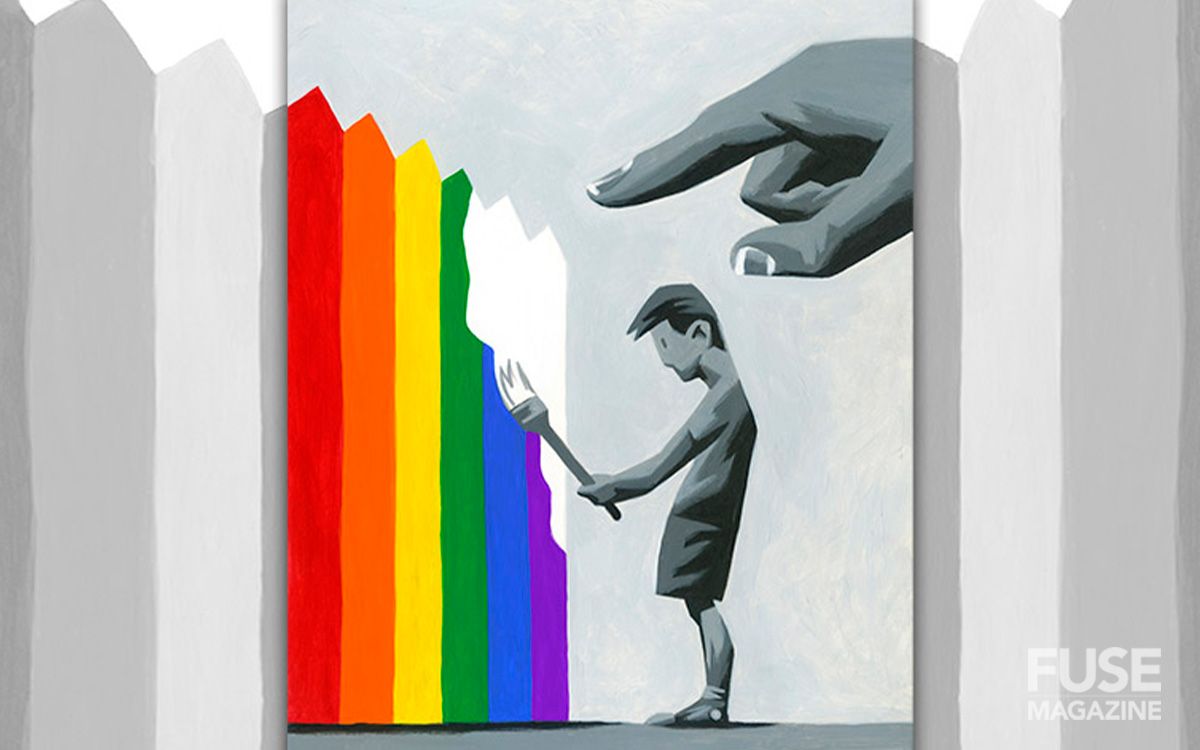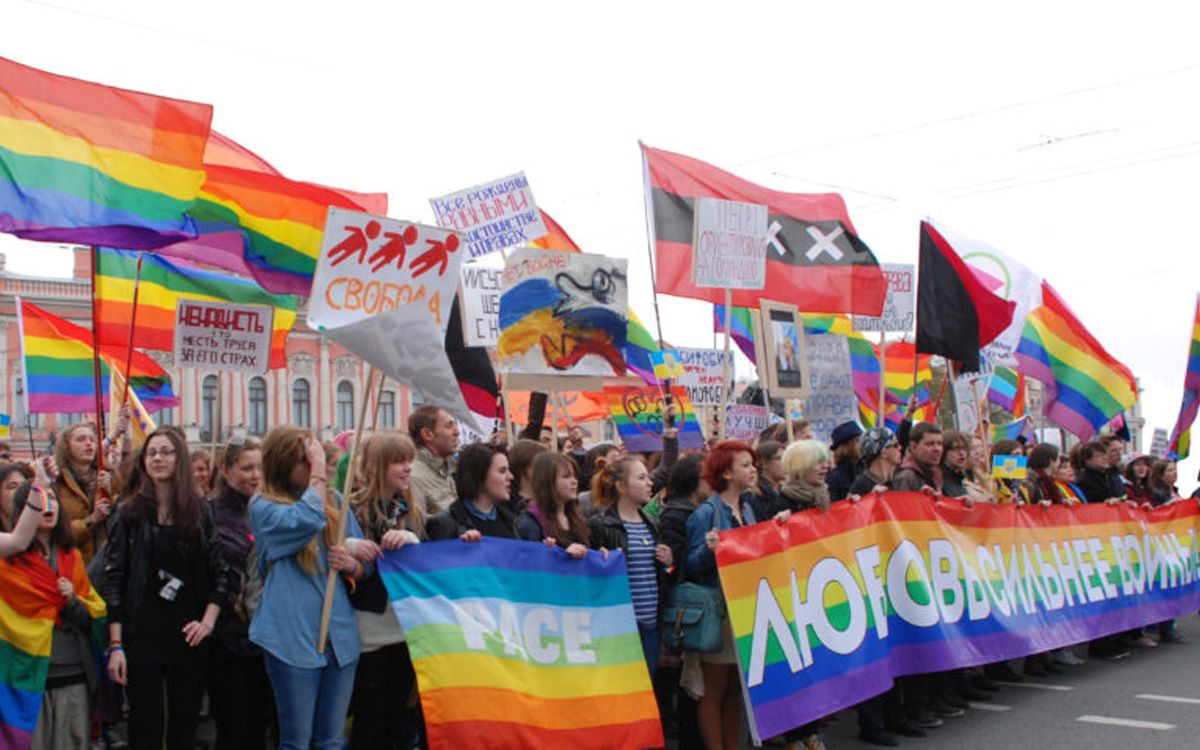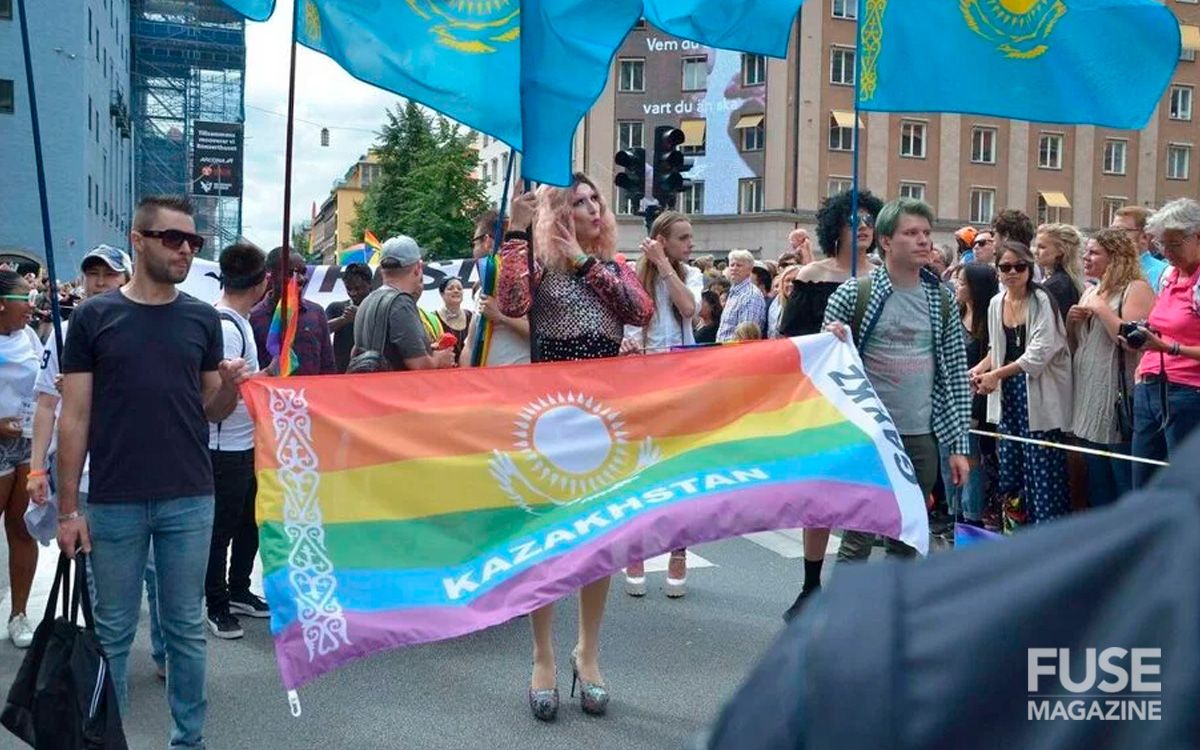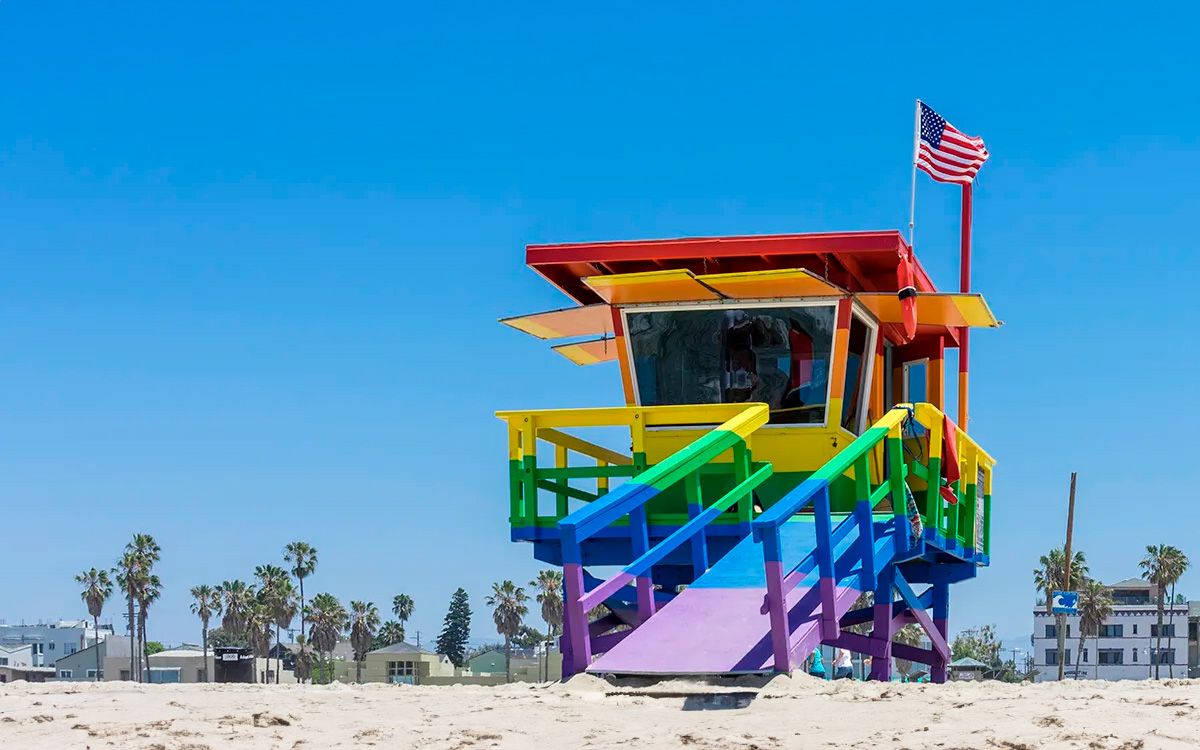Thailand's Marriage Equality Laws are Cause for Celebrations

Thailand's recent decision to legalise same-sex marriage has ignited a flame of hope and excitement among the LGBTIQ+ community across Southeast Asia.
Many queer folks from Asian countries with more restrictive policies now see Thailand as a new beacon of equality and acceptance, a shining example of what the future could hold.
Thailand has long been known for its relatively inclusive environment for the LGBTIQ+ community, especially when compared to neighbouring countries. Legalising same-sex marriage in Thailand is seen as a significant step forward, offering new possibilities for individuals seeking a more equitable and open society.
For those arriving from places where same-sex marriage is not recognised or outlawed, Thailand represents a new country of opportunities for queer people. This development has the potential to positively impact the lives ofLGBTIQ+ individuals who seek a more accepting and supportive environment.
Laws criminalising same-sex sexual acts still exist elsewhere in the region, including in Thailand’s neighbours Myanmar and Malaysia, where federal laws punish same-sex sexual acts to a term of up to 20 years imprisonment with caning and fines.
In 2022, Singapore repealed a colonial-era law that criminalised sex between men but also changed the constitution to prevent court challenges that could have paved the way to legalising same-sex marriage and in 2019, Brunei introduced death by stoning for extramarital sex and anal sex. It later extended a moratorium on the punishment after a global outcry.
Mookdapa Yangyuenpradorn, a spokesperson with the rights group Fortify Rights, called the news in Thailand a "triumph for justice and human rights".
"The journey to this point has been long and fraught with challenges, but today's vote to ensure marriage equality marks a historic moment that deserves celebration."
While there may be challenges and obstacles ahead for Thailand, the move to legalise same-sex marriage in Thailand is a cause for jubilation. It signifies progress within the country and in the broader Southeast Asian region, offering a beacon of hope for greater equality and inclusivity. It's a reminder that change is possible and worth fighting for.








